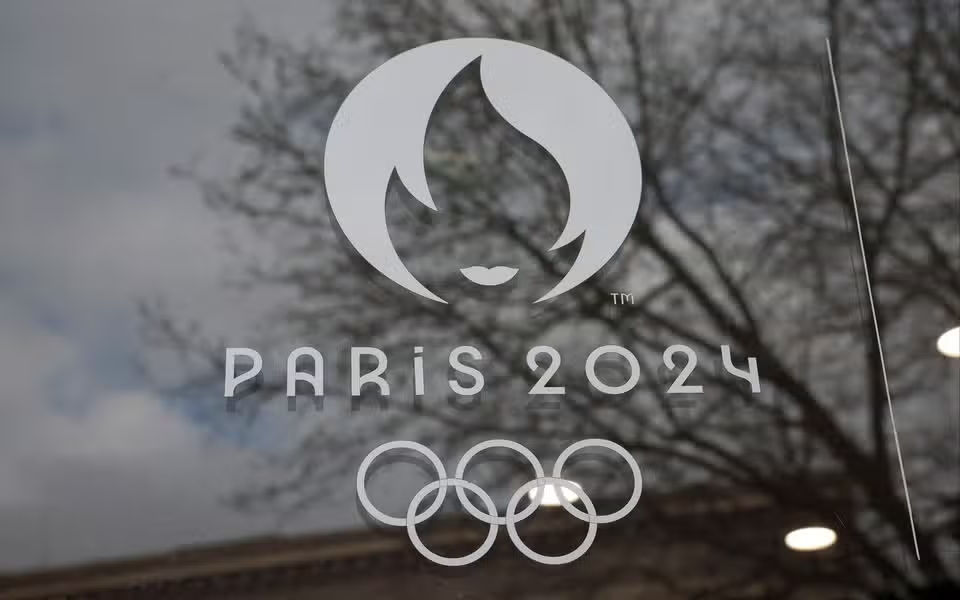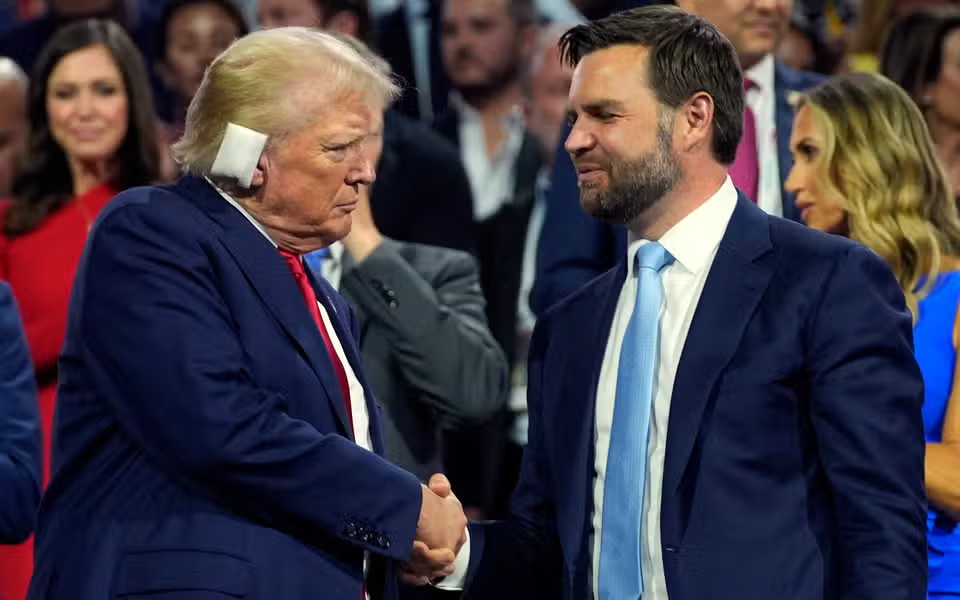A Chinese state news outlet warned South Korea against joining a U.S.-led "nuclear arms race" on the Korean Peninsula, echoing the North's claim that the alliance on its doorstep was preparing to wage nuclear war.
The Communist Party-run Global Times newspaper said on Monday that an apparent proposal for the South Korean military to acquire nuclear-powered submarines was a dangerous idea that would jeopardize the region's hard-won stability.
The nationalistic state-owned tabloid was referring to recent comments attributed to Admiral Sam Paparo, head of the U.S. Indo-Pacific Command (INDOPACOM). He said such a plan would be dependent on future operational analysis, South Korea's Yonhap News Agency reported on Sunday.
The Chosun Ilbo, South Korea's newspaper of record, said on Monday that Paparo's public comments, made during a July 11 press gaggle at Hickam Air Force Base in Hawaii, were "uncommon" due to the typical sensitive nature of nuclear-related matters.
The South Korean government "is likely closely monitoring this statement from a high-ranking U.S. official due to its significance," the paper said.
INDOPACOM did not immediately respond to a written request to clarify Paparo's remarks, while the South Korean government could not be reached after hours.
South Korea's long-held policy is the complete denuclearization of the Korean Peninsula. The hypothetical proposal discussed submarines equipped with nuclear propulsion technology, but which remain conventionally armed.
China has repeatedly rejected U.S. arguments that nuclear-powered submarines should be distinguished from boats carrying missiles armed with nuclear warheads. This pushback is mainly aimed at undermining the AUKUS submarine pact between Australia, Britain and the United States.
The Chinese Defense Ministry and North Korea's embassy in Beijing did not return separate emailed requests for comment.
To be sure, the U.S. and South Korean militaries are eyeing further integration beyond conventional capabilities, even if Seoul—a treaty ally for seven decades—has long been under the protection of Washington's "nuclear umbrella."
At the Pentagon last week, the two sides signed joint nuclear deterrence guidelines designed to regulate how and when U.S. strategic forces might be deployed on the peninsula in defense of the alliance.
At a meeting with South Korea's President Yoon Suk Yeol on the margins of the NATO summit in Washington, D.C., President Joe Biden also reaffirmed a long-standing pledge to defend its ally with "the full range of U.S. capabilities, including nuclear."
In response, the North Korean Defense Ministry said the allies would "pay an unimaginably harsh price" for increased nuclear cooperation—and that it had no choice but to improve its own "nuclear deterrent readiness."
South Korea has no strategic arms, but the North's nuclear weapons program, and its recent closeness with neighboring Russia, has spurred open discussion about their possible acquisition in the future.
At a cabinet meeting on Tuesday, Yoon said the U.S.-South Korea alliance was now "nuclear-based," Yonhap said, hinting at "special mission" assignments for U.S. nuclear assets in both wartime and peacetime.
Kim Jong Un's North Korea has at least 50 nuclear warheads in its arsenal, and has both the material and the intent to build more, the Stockholm International Peace Research Institute think tank said in an annual update released in June.
Disclaimer: The copyright of this article belongs to the original author. Reposting this article is solely for the purpose of information dissemination and does not constitute any investment advice. If there is any infringement, please contact us immediately. We will make corrections or deletions as necessary. Thank you.




